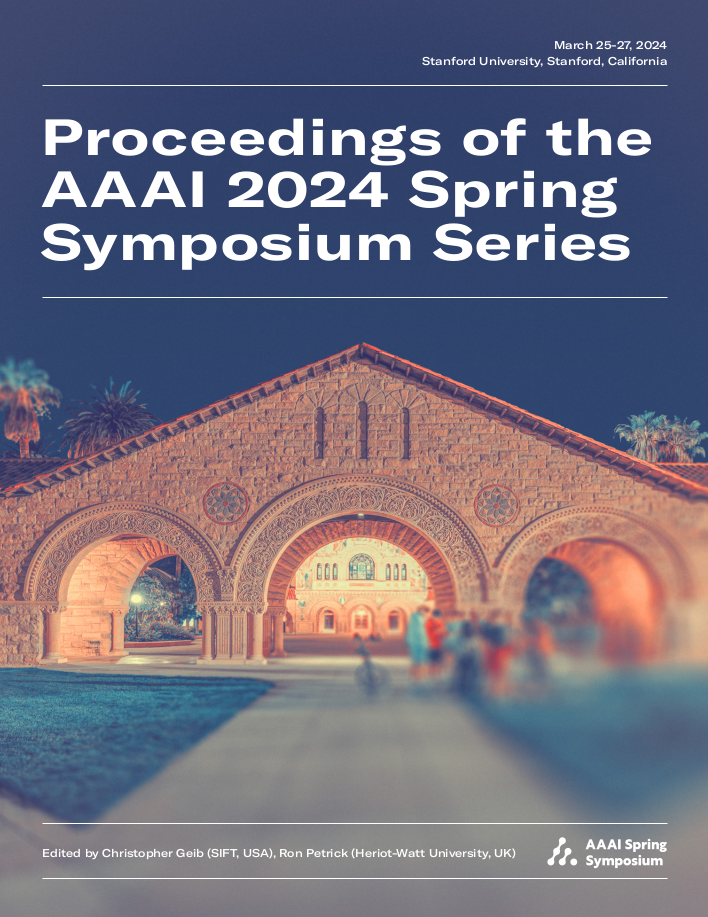AI Health Agents: Pathway2vec, ReflectE, Category Theory, and Longevity
DOI:
https://doi.org/10.1609/aaaiss.v3i1.31249Keywords:
Impact of GenAI on Social and Individual Well-beingAbstract
Health Agents are introduced as the concept of a personalized AI health advisor overlay for continuous health monitoring (e.g. 1000x/minute) medical-grade smartwatches and wearables for “healthcare by app” instead of “sickcare by appointment.” Individuals can customize the level of detail in the information they view. Health Agents “speak” natural language to humans and formal language to the computational infrastructure, possibly outputting the mathematics of personalized homeostatic health as part of their reinforcement learning agent behavior. As an AI health interface, the agent facilitates the management of precision medicine as a service. Healthy longevity is a high-profile area characterized by the increasing acceptance of medical intervention, longevity biotech venture capital investment, and global priority as 2 billion people will be over 65 in 2050. Aging hallmarks, biomarkers, and clocks provide a quantitative measure for intervention. Some of the leading interventions include metformin, rapamycin, spermidine, NAD+/sirtuins, alpha-ketoglutarate, and taurine. AI-driven digital biology, longevity medicine, and Web3 personalized healthcare come together in the idea of Health Agents. This Web3 genAI tool for automated health management, specifically via digital-biological twins and pathway2vec approaches, demonstrates human-AI intelligence amplification and works towards healthy longevity for global well-being.Downloads
Published
2024-05-20
Issue
Section
Impact of GenAI on Social and Individual Well-being

